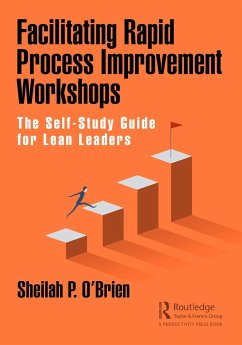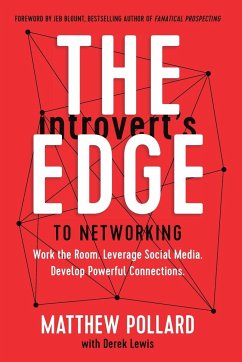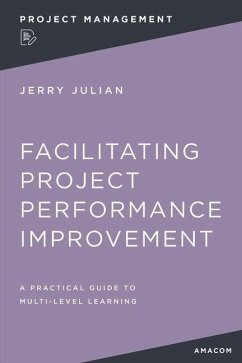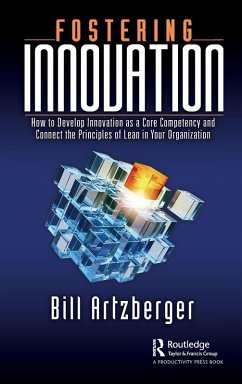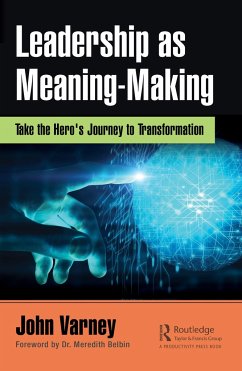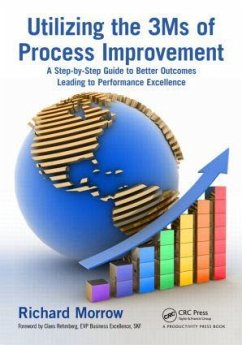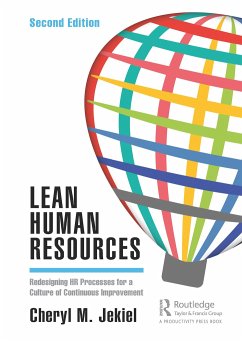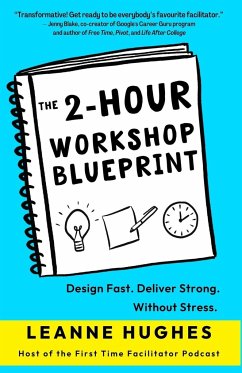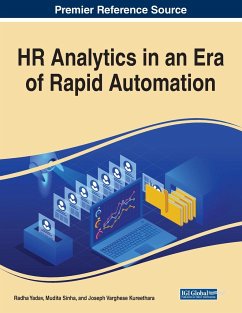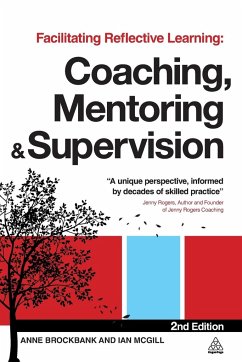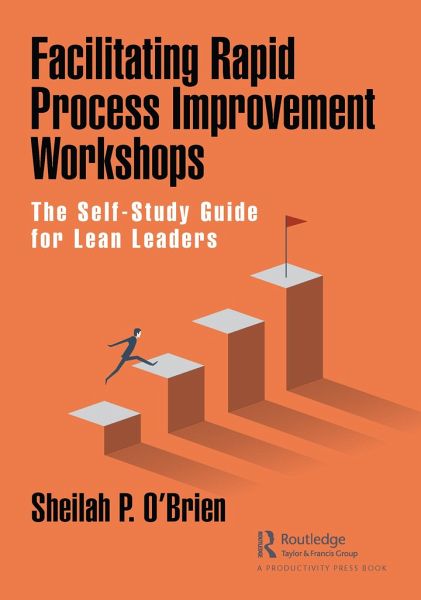
Facilitating Rapid Process Improvement Workshops
The Self-Study Guide for Lean Leaders
Versandkostenfrei!
Versandfertig in 1-2 Wochen
53,99 €
inkl. MwSt.
Weitere Ausgaben:

PAYBACK Punkte
27 °P sammeln!
This is a self-study guide for facilitators of rapid process improvement workshops that helps anyone who feels like they aren't truly gaining the full results of improvement initiatives and kaizen events. They know they can do better, but don't know how. The author, an experienced facilitator in government and nonprofits, speaks to the facilitator through coaching notes and actual workshop documents and techniques so the reader can fully understand how greater results are achieved. This guide takes the reader through a step-by-step path of a newly created workshop agenda. The author has parsed...
This is a self-study guide for facilitators of rapid process improvement workshops that helps anyone who feels like they aren't truly gaining the full results of improvement initiatives and kaizen events. They know they can do better, but don't know how. The author, an experienced facilitator in government and nonprofits, speaks to the facilitator through coaching notes and actual workshop documents and techniques so the reader can fully understand how greater results are achieved. This guide takes the reader through a step-by-step path of a newly created workshop agenda. The author has parsed the workshop path into more manageable parts, easier for both the facilitator and the team. These parts split the improvement work into two sections: "removing the unnecessary" and "smoothing out the flow." "Smoothing out the flow" is divided further into: When the work is coming in When the product/person is going through the process How the work is performed In addition, the author includes newly created tools and training content. For example, a data-gathering table points the facilitator to what data need to be collected when. Training for the team includes making sure they understand the structure of a process as well as to instruct them and define how a Lean process actually functions. This distinction is important because all improvements are not necessarily Lean improvements. Several bodies of knowledge are incorporated into this guide--not only Lean and Six Sigma, but internal auditing, organizational development, and statistics. Essentially, this guide includes tips, nuances, and original tools that are missing from the traditional training of facilitators of kaizen events. It provides enough information for the facilitator to think in a creative way.





